Lipicard 200 Mg
$10.26 – $25.11
Lipicard 200 mg contains Atorvastatin, a statin used to lower cholesterol and triglycerides, reducing the risk of heart disease, stroke, and other cardiovascular conditions.
- Lowers LDL (bad cholesterol) and raises HDL (good cholesterol).
- Prevents plaque buildup in arteries, reducing the risk of atherosclerosis and improving heart health.
- Helps manage high cholesterol and reduces the likelihood of heart attacks and stroke.

NHS AFFILIATED DOCTORS

FDA APPROVED PHARMACY

AFFORDABLE PRICE GURANTEE

FAST & TRUSTED DELIVERY
Lipicard 200 mg is a medication that contains Atorvastatin, a type of statin. Atorvastatin works by lowering levels of LDL cholesterol (“bad” cholesterol) and triglycerides in the blood while increasing HDL cholesterol (“good” cholesterol). This helps reduce the risk of heart disease, heart attacks, and stroke.
Uses:
- Hyperlipidemia (High Cholesterol): Lipicard 200 mg is used to lower cholesterol and triglyceride levels in patients with high cholesterol or high triglycerides, helping to reduce the risk of heart disease.
- Prevention of Cardiovascular Events: It is prescribed to lower the risk of heart attacks, strokes, and other cardiovascular problems, especially in individuals with high risk factors such as diabetes or high blood pressure.
- Atherosclerosis: Helps prevent the progression of plaque buildup in the arteries, which can lead to heart disease.
Dosage & How to Take:
- Dosage: The usual starting dose is 10–20 mg per day, but your doctor may increase it to 200 mg depending on your condition and cholesterol levels.
- Administration: Take Lipicard 200 mg by mouth once daily, with or without food. Gulp down the tablet with a glass of water.
- Consistency: It is recommended to take the medication at the same time every day for the best results.
Precautions:
- Liver Function: Lipicard 200 mg may cause liver enzyme changes, so regular liver function tests are required during treatment. Stay away from liquor utilization as it can expand the gamble of liver harm.
- Muscle Pain or Weakness: If you experience unexplained muscle pain, tenderness, or weakness, inform your doctor immediately as this may indicate a serious side effect (rhabdomyolysis).
- Pregnancy and Breastfeeding: Lipicard 200 mg is not recommended during pregnancy or breastfeeding. Consult your doctor for alternatives.
- Drug Interactions: Be cautious when taking other medications such as antifungals, HIV protease inhibitors, or certain antibiotics, as they may interact with Lipicard.
Side Effects:
- Common Side Effects: Constipation, nausea, headache, muscle pain, or weakness.
- Serious Side Effects: Liver problems (e.g., jaundice, dark urine), severe muscle pain, weakness, or cramping (rhabdomyolysis), and allergic reactions (e.g., rash, swelling).
Frequently Asked Questions:
1. How does Lipicard work?
Lipicard works by blocking the enzyme responsible for producing cholesterol in the liver, lowering cholesterol levels in the blood, and helping prevent heart disease.
2. Can Lipicard 200 mg be taken with other medications?
Lipicard may interact with certain medications, including blood thinners, other cholesterol-lowering drugs, and some antibiotics.Continuously illuminate your PCP pretty much all prescriptions you are taking.
3. How long does it take for Lipicard 200 mg to show results?
You may start to see improvement in cholesterol levels within 2–4 weeks of starting Lipicard treatment. However, it is important to continue taking the medication as prescribed to achieve long-term benefits.
4. Can I stop taking Lipicard 200 mg suddenly?
No, you should not stop taking Lipicard 200 mg without consulting your doctor, as it may lead to a sudden increase in cholesterol levels and an increased risk of cardiovascular problems.
5. Can Lipicard 200 mg cause weight gain?
Weight gain is not a typical side effect of Lipicard. However, if you notice significant weight changes, consult your healthcare provider.
6. Is Lipicard 200 mg safe for long-term use?
Yes, when taken as prescribed and under medical supervision, Lipicard 200 mg is safe for long-term use. Regular follow-up visits and tests will ensure its safety and effectiveness.
| Pack Size | 30 Capsule/s, 60 Capsule/s, 90 Capsule/s |
|---|
2 reviews for Lipicard 200 Mg
Add a review Cancel reply
Related products
Heart & Blood Pressure
Heart & Blood Pressure
Heart & Blood Pressure
Heart & Blood Pressure
Heart & Blood Pressure
Heart & Blood Pressure
Heart & Blood Pressure


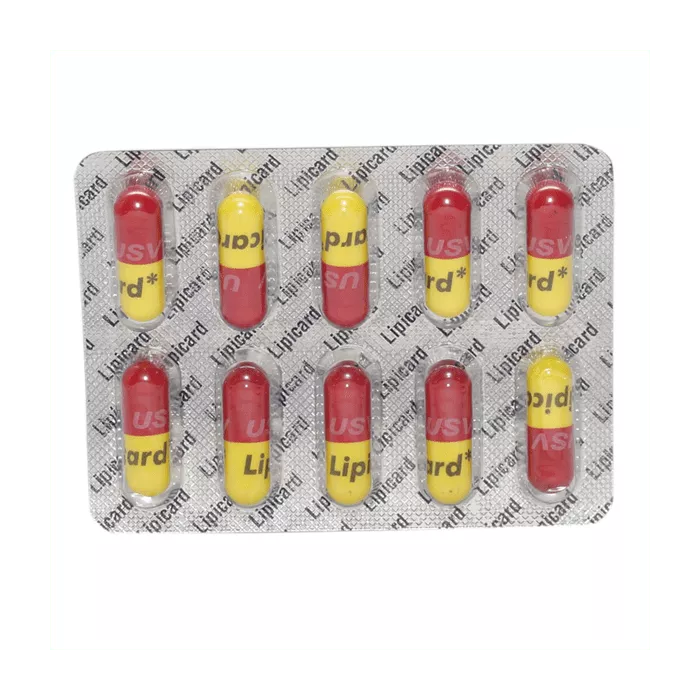
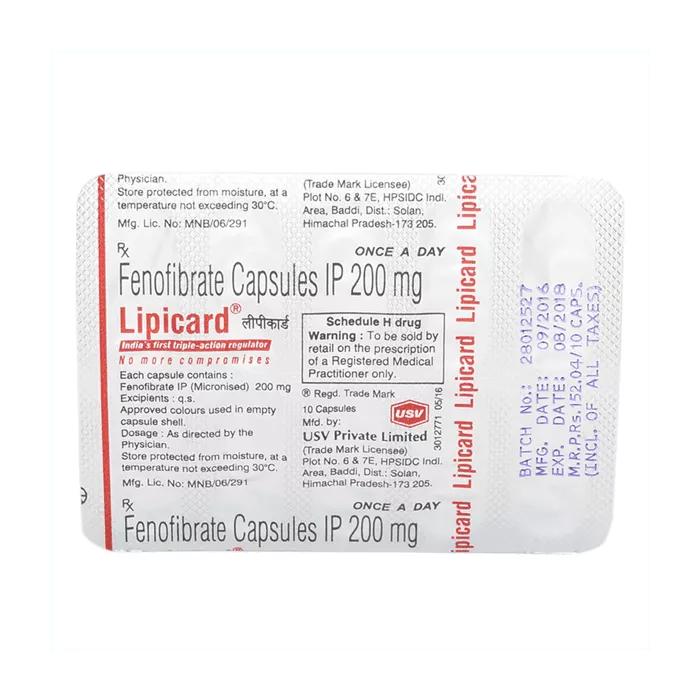
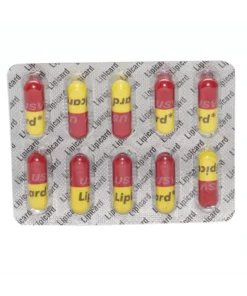
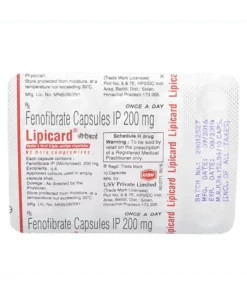
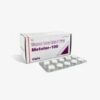
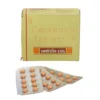
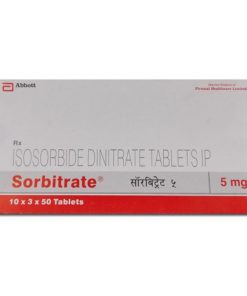
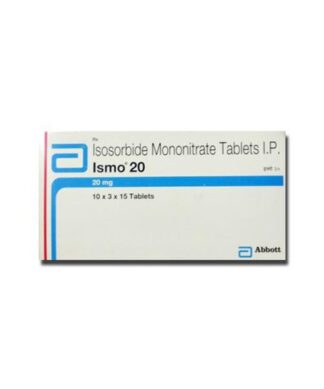
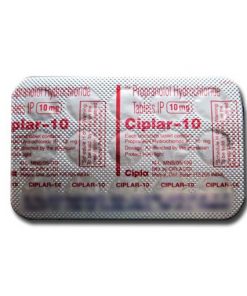
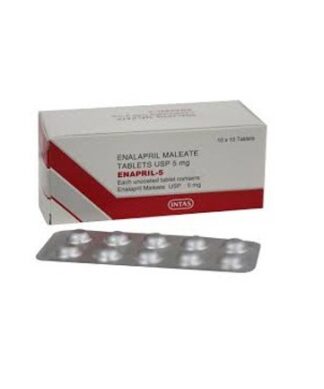
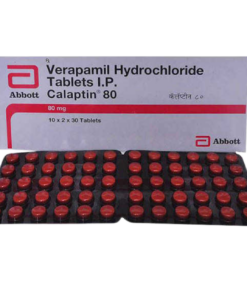
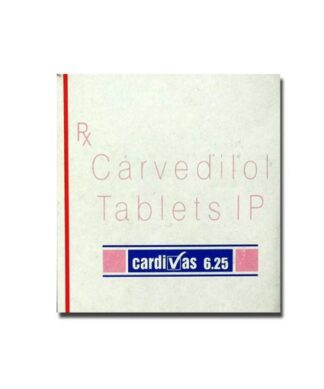
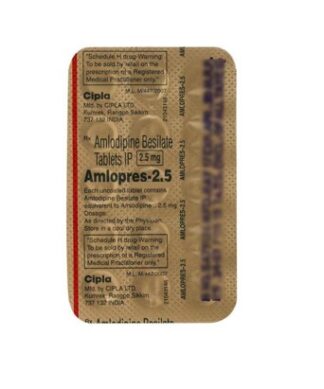
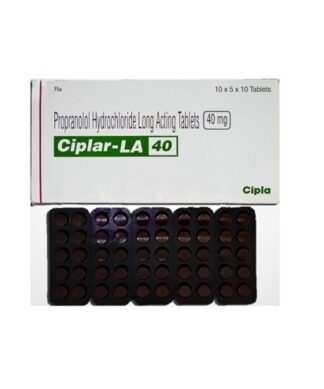
Shih-Fang Chen –
I just had to share my excitement about Lipicard 200 Mg! It’s like having a guardian angel looking out for me. So thankful for this incredible medication!
Christie Bascom –
With Lipicard 200 Mg, my heart’s doing a victory dance. Feeling empowered to take on the world, one healthy heartbeat at a time!